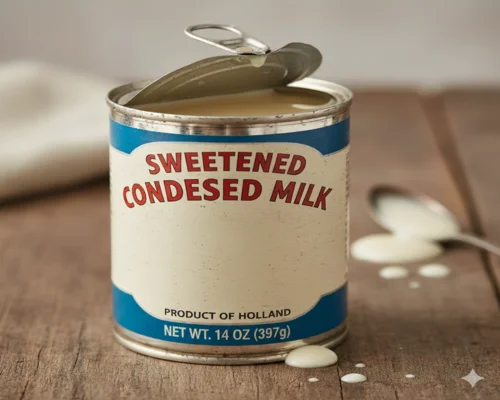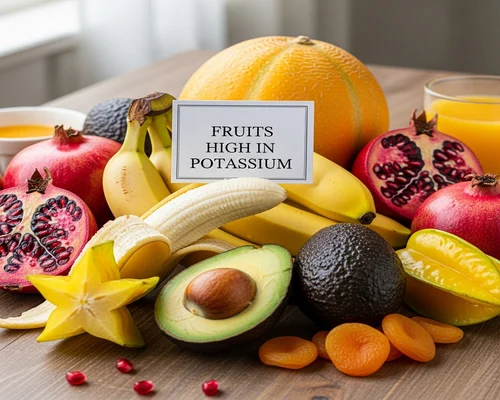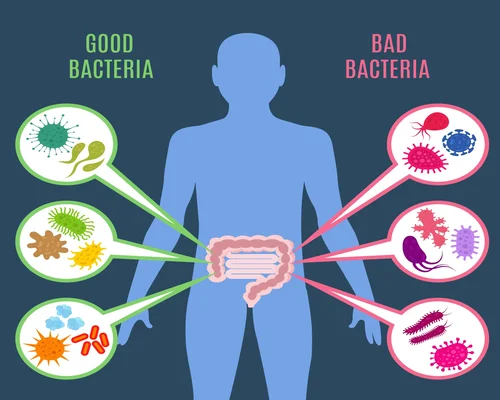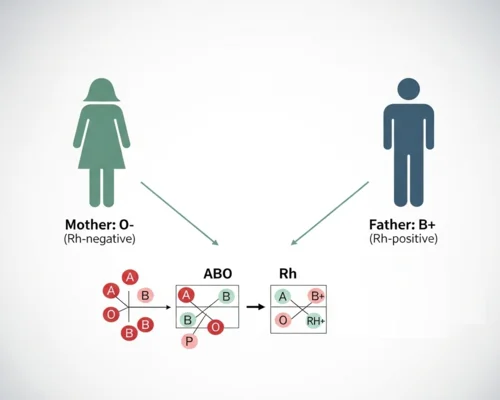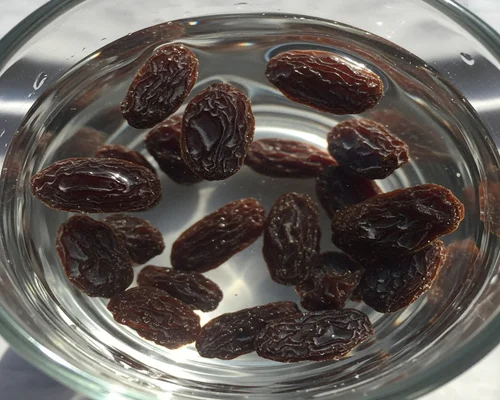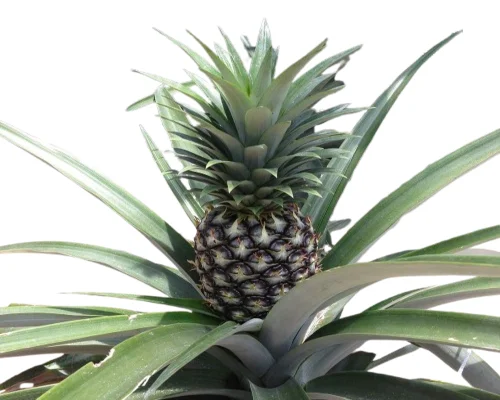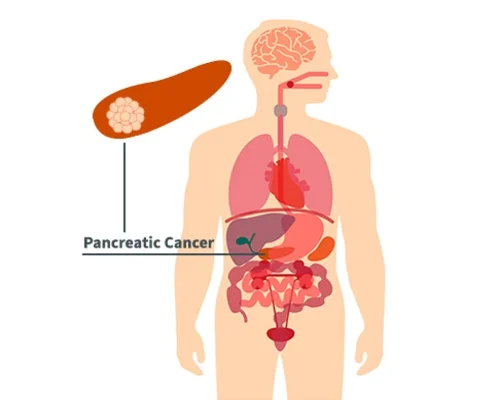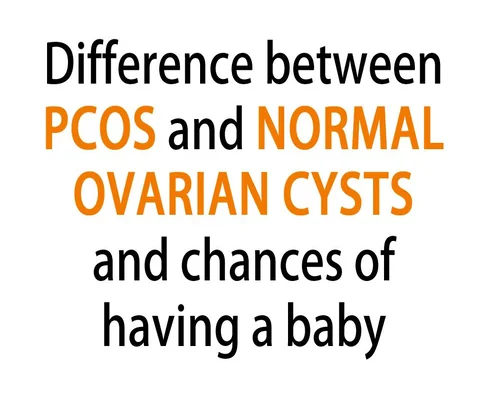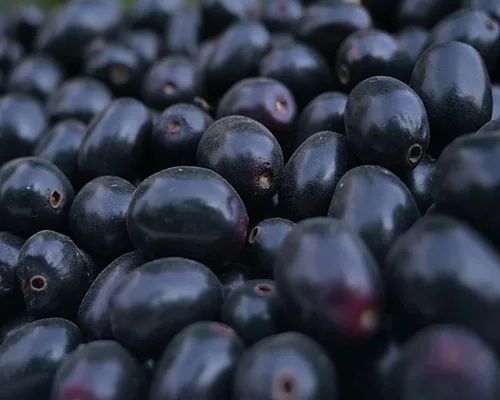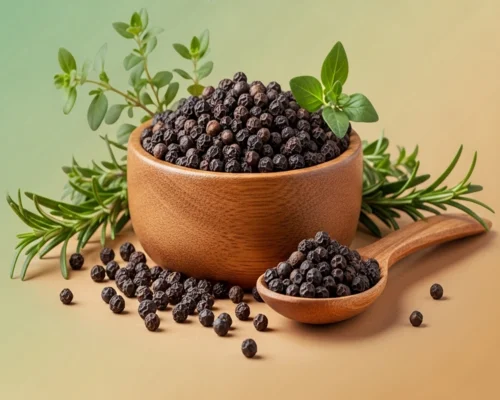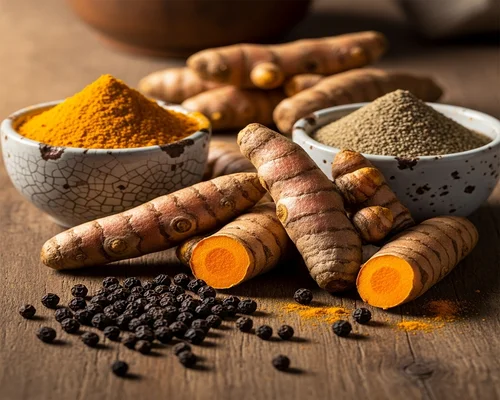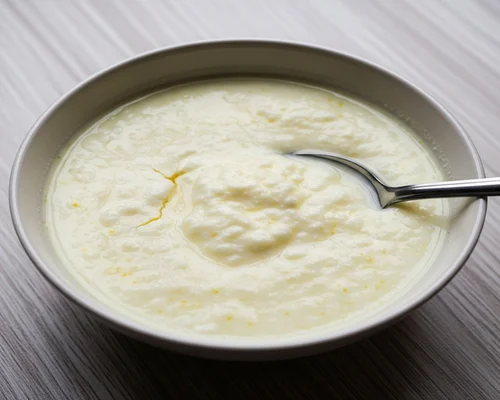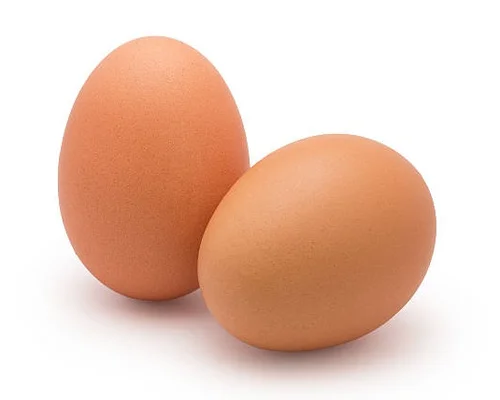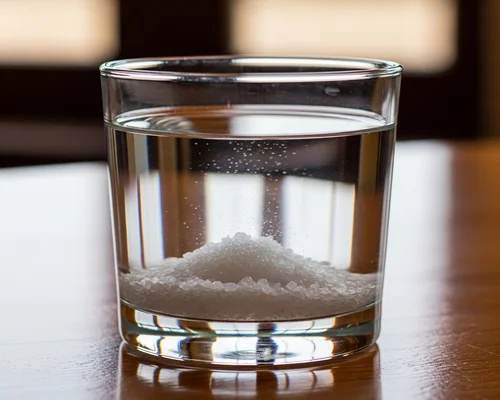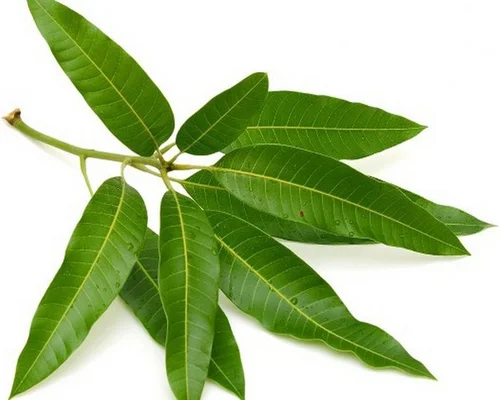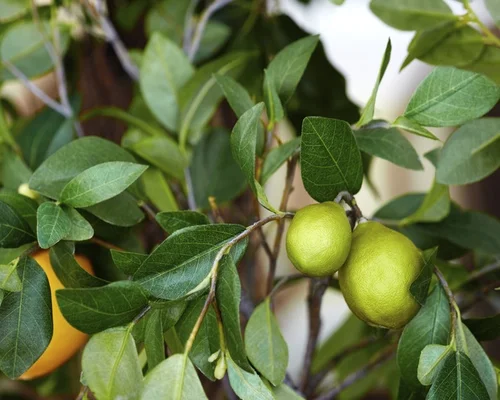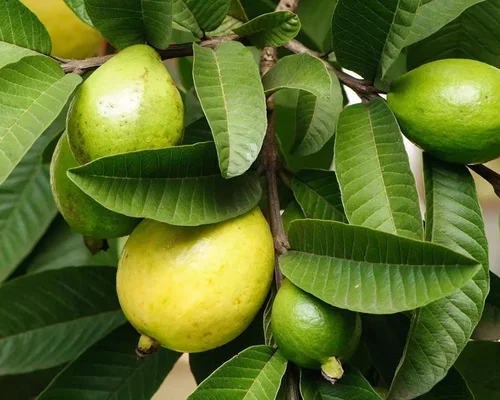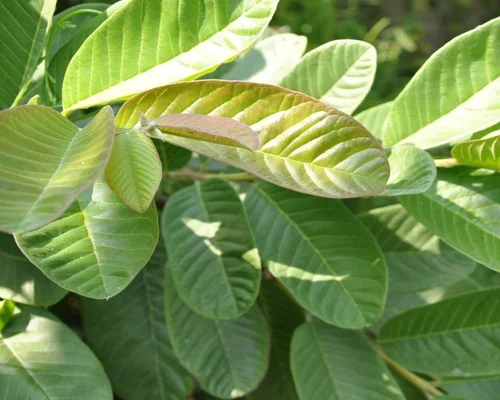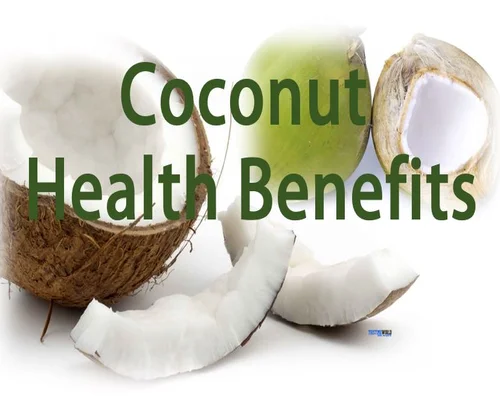
Coconut Origin and Food Value and Natural Benefits
Benefits of Coconut
Description
Coconut (Cocos nucifera)
Coconut is known as a wonder-food. It is an almost ideal diet. Because it contains almost all the essential nutrients for humans. Coconut fruit is 20 to 30 cm long and very triangular in shape. It is almost waterproof and very tough. Underneath this is a thick layer of fibers, sometimes this mass is more than 25 millimeters thick. Next is a hard, rock-like layer, about 6 millimeters thick. Inside this rocky layer is a thick, soft and milky white shell. The cavity inside this shell is filled with fluid like water. The shell and the watery substance are the seeds of the coconut. Coconut trees are tall, slender, unbranched and 20 to 30 meters high. At the top is a cluster of leaves like a crown.
Origin and spread
The coconut is believed to have originated in the Indo-Malayan region and southwest of New Guinea. It was brought to mainland Asia during prehistoric times. Coconuts probably reached East Africa and possibly Panama before 1492. Then gradually it spread to all tropical areas. Currently it grows in India, Bangladesh, Sri Lanka, Indonesia, Philippines, West Indies, Indian Ocean and various islands of the Pacific Ocean. Generally its growth is better by the sea.
Food quality
Coconut is a very nutritious, tonic and weight gainer food. Coconut contains a lot of oil, which is easily digested.
Food Value: Minerals and Vitamins, Water-36.3, Calcium-10 mg, Protein-8.0, Phosphorus-240 mg, Fat-41.6, Iron-1.7 mg, Minerals-3.0 , Vitamin C-1 mg, Ash-90, Carbohydrates-30.0 (per 100 g of edible portion), small amount of Vitamin B complex.
The energy (calorific) value of desiccated coconut is 662, making it more usable than other fats. This oil is closely related to butter in physical and chemical properties. Coconut protein is of high quality and contains all the amino acids. It is rich in potassium, sodium, magnesium and sulphur. The energy value of desiccated coconut is very high, 662 calories per 100 grams.
Natural benefits and healing properties of Coconut
Coconut is a very nutritious, tonic and weight gainer food. Coconut contains a lot of oil, which is easily digested.
Coconut is nutritious, energizing and fattening food. It can be used at all stages of maturity. It is most valuable as food before maturity. Its jelly-like young shell contains various enzymes that are easily digested. Mature shells are rich in fat and carbohydrates. Unlike other nuts, it is not high in protein and can be eaten as a salad and cooked with vegetables. But it is difficult to digest with starch. For malnourished children, fresh coconut milk is a valuable food. It contains more vitamin A than coconut itself. It contains sufficient amount of natural minerals and high quality protein, which the body needs for growth and repair.
Sajub Kachi Dab water, commonly known as mineral water, is drunk as a calming and refreshing drink. It contains sufficient amount of sugar which is easily assimilated. It is very good tonic for health. A single can of water contains enough vitamin C to meet our daily requirements. It also contains some B-group vitamins. These are niacin, pantothenic acid, biotin, riboflavin, folic acid and thiamine and a small amount of pyridoxine. Dub water also contains sodium, potassium, calcium, magnesium, iron, copper, phosphorus, sulfur and chlorine.
Worm
Coconut is an effective remedy for all types of worms. A tablespoon of freshly grated coconut should be taken at breakfast, followed by some castor oil three hours later. This process should be continued until complete healing.
Acidity
Ripe desiccated coconut is valuable in treating acidity. Its oil reduces acid secretion in the stomach and the patient feels relaxed.
Diseases of the digestive system
Young coconut shells are very beneficial in the treatment of digestive system diseases. It works well in several diseases, such as indigestion, colitis, gastric ulcer, diarrhea, dysentery and piles. The water of the young dab is very good for flatulence, vomiting and indigestion. It stops vomiting if no other medicine stops vomiting.
Dry cough
A tablespoon of poppy seeds, milk and a tablespoon of honey mixed with coconut milk and taken at night before going to bed is a very good and effective food remedy for itchy throat or dry cough from excessive smoking.
Cholera
Fresh water is a good medicine for cholera. Drink 8 to 12 ounces of this water, mixed with a teaspoon of fresh lemon juice. It balances electrolytes and alleviates blood acidosis. It is well known that bottled water is potassium-rich.
Urinary tract disorders
Distilled water works well in urinary disorders. It acts as a natural diuretic. Urinary astringency, passing of protein in urine, dropsy and high acidity of urine and beneficial in heart, liver and kidney diseases.
Fever
Dub water is effective in treating bilious fever. It should be given little by little frequently. However, water should not be consumed immediately after drinking bottled water. If necessary, eat after some time.
Ascites
This is a disease in which the stomach swells due to accumulation of fluid. Dub water is beneficial in ascites. The patient should drink 2 to 3 glasses of bottled water. This dose can be increased or decreased according to the condition of the disease and the needs of the patient.
Skin Disease
Oil extracted from ripe coconuts is very good for burning body dressing. It is also used in making ointments, as it penetrates the skin quickly.
Use
Coconut is widely used in the preparation of various products. Oil is the most important of these products. It is used in cooking and in making cocoa jam, cocoa butter, margarine, vegetable butter and salad oil. This oil is also used on the scalp. Coconut is also used to make various sweets and cakes.
------
tags-coconut natural benefits,benefits of coconut, benefits of coconut water, coconut water benefits

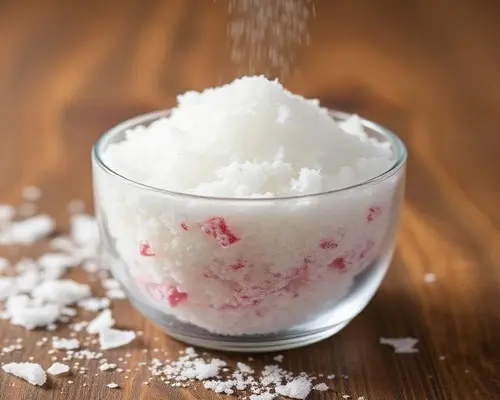

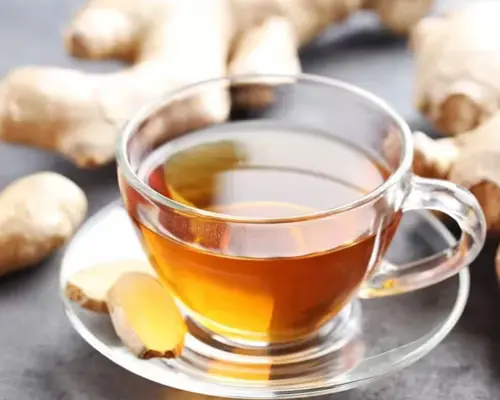
-vegetable.webp)

